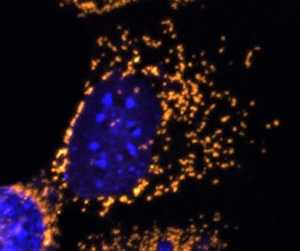Author Interviews, COVID -19 Coronavirus, Pulmonary Disease / 12.01.2021
Ill-Health Common After COVID-19 But Surprisingly Unrelated to Initial Infection Severity
MedicalResearch.com Interview with:
Dr. Liam Townsend, PhD
Department of Infectious Diseases
St. James's Hospital and Department of Clinical Medicine
Trinity Translational Medicine Institute
Trinity College, Dublin, Ireland
MedicalResearch.com: What is the background for this study?
Response: Much is known about the clinical characteristics and pathological features of acute SARS-CoV-2 infection, but there is relatively little known about post-COVID recovery. This has come under increasing scrutiny in light of reports that patients suffer persistent symptoms beyond resolution of initial infection, known as long COVID. We set out to assess patients in our post-COVID clinic for ongoing ill-health, with particular focus on fatigue and breathlessness. Given that COVID-19 primarily affects the respiratory system, we also evaluated respiratory recovery. Patients underwent chest radiography and six-minute-walk testing, as well as routine blood tests including inflammatory markers and D-dimers. We included both patients who were admitted during their acute infection as well as those managed in the community in order to capture the full spectrum of disease.
(more…)





